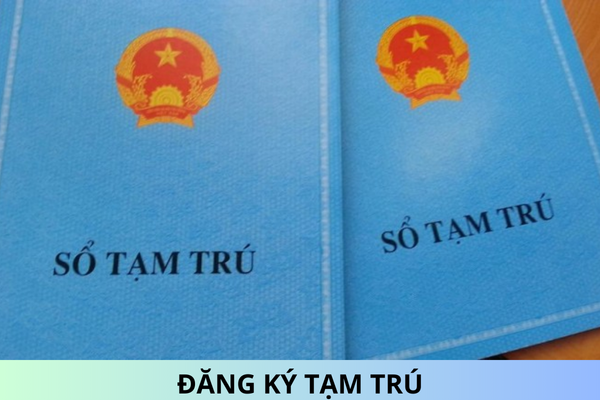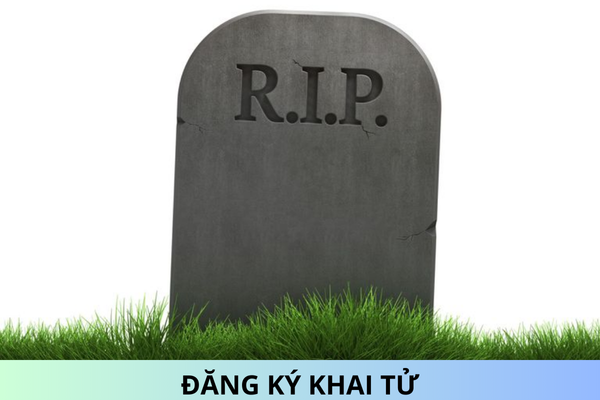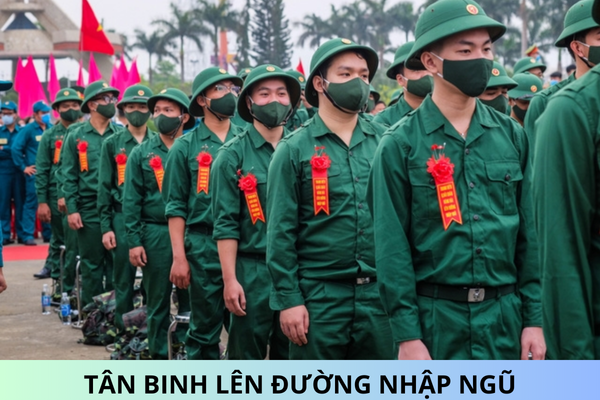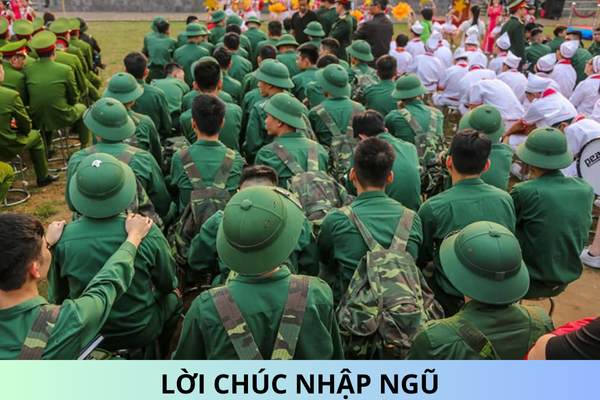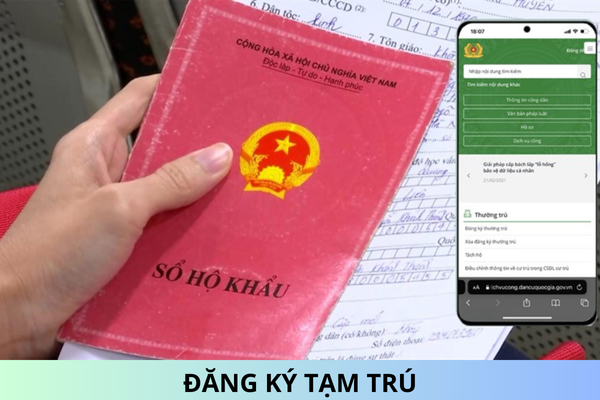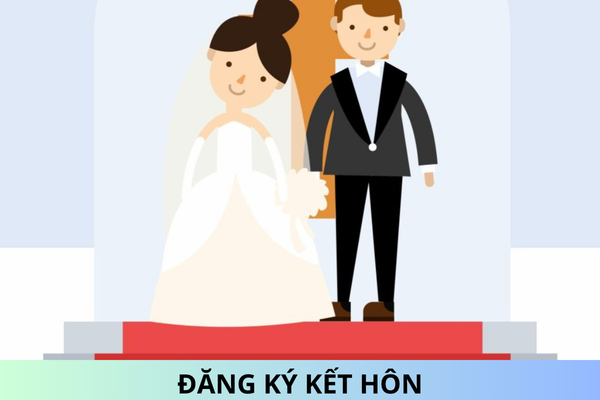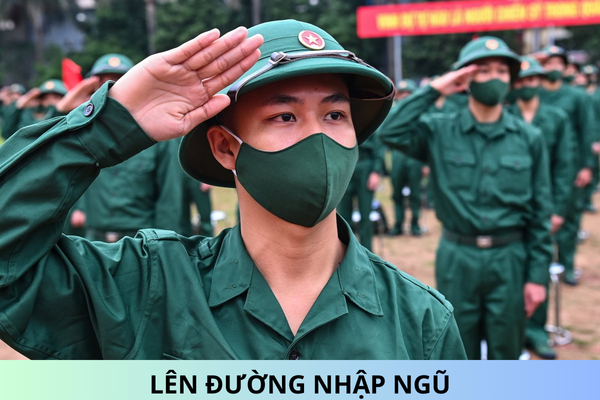What is sanction for filming others without their consent and posting on social networks in Vietnam? What are penalties for filming others without their consent and posting on social networks in Vietnam?
What is sanction for filming others without their consent and posting on social networks in Vietnam? What are penalties for filming others without their consent and posting on social networks in Vietnam?
On 8/8, I was surfing tiktok and saw a video of a sister. The content of her video talks about how she was secretly filmed by a male because she was wearing a shirt showing off a part of her back and uploaded it with the caption, "I don't understand why so many men let their lovers wear this to the street. is it suitable?".
She was very upset about it and asked the male friend who posted the video to apologize and compensate for being offended by the honor and dignity according to Article 592 of the Civil Code 2015. I don't understand well about it. It's very legal, so I want to ask what are penalties for filming others without their consent and posting on social networks?
What is sanction for filming others without their consent and posting on social networks in Vietnam?
Article 32 of the 2015 Civil Code stipulates rights of an individual with respect to his/her image as follows:
1. Each individual has rights with respect to his/her own image.
The use of an image of an individual must have his/her consent.
When an image of an individual is used for commercial purposes, that person is eligible for a remuneration, unless otherwise agreed.
2. The use of image for any of the following purposes needs not the consent of the image’s owner or his/her legal representative:
a) For national and public benefits;
b) For public activities, including conventions, seminars, sports activities, art shows and other public activities that do not infringe the honor, dignity or prestige of the image’s owner.
3. If the use of an image violates the regulation prescribed in this Article, the image’s owner has the right to request a court to issue a decision that compel the violator or relevant entities to revoke, destroy or terminate the use of the image, compensate for damage and adopt other measures as prescribed in law.
According to Article 38 of the 2015 Civil Code, right to private life, personal secrets and family secrets are as follows:
1. The private life, personal secrets and family secrets of a person are inviolable and protected by law.
2. The collection, preservation, use and publication of information about the private life of an individual must have the consent of that person; the collection, preservation, use and publication of information about the secrets of family must have the consent of all family’s members, unless otherwise prescribed by law.
3. The safety of mails, telephones, telegrams, other forms of electronic information of an individual shall be ensured and kept confidential.
The opening, control and keeping of mails, telephones, telegrams, other forms of electronic information of an individual may only be conducted in cases provided by law.
4. Contracting parties of a contract may not disclose information about each other's private life, personal secrets or family secrets that they know during the establishment and performance of the contract, unless otherwise agreed.
In addition, according to Article 592 of the 2015 Civil Code, damage caused by harm to honor, dignity or reputation is as follows:
1. Damage caused by harm to the honor, dignity or reputation shall comprise:
a) Reasonable costs for mitigating and remedying the damage;
b) Loss of or reduction in actual income;
c) Other damage as prescribed by law.
2. A person causing harm to the honor, dignity or reputation of another person must pay compensation for damage as provided in Clause 1 of this Article together with another amount of money as compensation for mental suffering of the aggrieved person. The amount of compensation for mental suffering shall be as agreed by the parties; if the parties are not able to agree, the maximum sum shall not exceed ten-month base salary prescribed by the State.
Thus, the act of harshly reacting and demanding compensation from a female in Vietnam on tiktok is correct because it is her dignity and honor, she has the right to speak:
Firstly: The act of secretly filming a male friend is against the law because the male friend arbitrarily filmed a female friend without consent. In addition, the male friend also used the sneaky video to post on the internet the view sentence saying about the problem of the female friend's dress, the private life and personal preferences of that female friend were violated.
Second: That video also contains judgmental words, which makes it easy for the online community to misunderstand, so now the dignity and honor of that female friend has been violated. Male friends also just accidentally meet female friends on the street, do not understand each other, do not have the right to judge anyone.

What are penalties for filming others without their consent and posting on social networks in Vietnam?
Administrative penalties:
Pursuant to Clause 3, Article 102 of Decree No. 15/2020/ND-CP stipulating violations against regulations on retention, leasing, transmission, provision, access, collection, processing, exchange and utilization of information as follows:
3. A fine ranging from VND 10,000,000 to VND 20,000,000 shall be imposed for the commission of one of the following violations:
a) Illegally accessing, using, disclosing, interrupting, altering or destroying information/information systems;
b) Failing to implement necessary measures for preventing the access to or removing violating information at the request of a competent authority when transmitting or leasing of space for storing digital information;
c) Failing to comply with the request of a competent authority for determination of the list of owners who lease space for storage of digital information;
d) Failing to keep confidentiality of information of organizations/individuals leasing space for storing digital information, unless the information must be provided at the request of a competent authority;
dd) Failing to implement necessary managerial/technical measures for protecting personal information from loss, theft, disclosure, change or removal when collecting, processing and using personal information of other persons in cyberspace;
e) Collecting, processing and using information of other organizations/individuals without their consent or for serving purposes other the prescribed ones;
g) Providing, exchanging, transmitting or storing and using digital information in order to threaten, disturb, distort, slander or damage the prestige, honor and dignity of other organizations or individuals;
h) Providing, exchanging, transmitting or storing and using digital information for advertising or promotion of prohibited goods/services;
i) Illegally obstructing the transmission of information online, intervening, accessing, damaging, removing, altering, duplicating and falsifying information in cyberspace;
k) Failing to monitor or supervise digital information of other organizations/individuals at the request of a competent authority;
l) Failing to cooperate in investigation of violations against the law in course of transmission or storage of digital information of other organizations/individuals at the request of a competent authority;
m) Disclosing information classified as state secrets, personal and family secrets if not liable to criminal prosecution;
n) Impersonating other organizations/individuals and disseminating fake or false information which infringes upon legitimate rights and benefits of other organizations/individuals;
o) Appropriating another person’s mails, telegraphs, telex, faxes or other documents which are transmitted in cyberspace in any forms;
p) Deliberately obtaining information/contents of another person’s mails, telegraphs, telex, faxes or other documents which are transmitted in cyberspace;
q) Listening or recording conversations against the law;
r) Confiscating mails or telegraphs against the law.
Criminal responsibility:
According to Article 155 of the 2015 Penal Code as amended by Point e, Clause 2, Article 2 of the Law amending the Penal Code 2017, the crime of humiliating others is as follows:
1. Any person who seriously insults another person shall receive a warning, be liable to a fine of VND 10,000,000 - VND 30,000,000 or face a penalty of up to 03 years' community sentence.
2. This offence committed in any of the following circumstances carries a penalty of 03 - 02 years' imprisonment:
a) The offence has been committed more than once;
b) The offence is committed against 02 or more people;
c) The offence involves abuse of the offender's position or power;
d) The offence is committed against a law enforcement officer in performance of his/her official duties;
dd) The offence is committed against a person who cares for, teaches, raises or provides medical treatment for the offender;
e) The offence is committed using a computer network, telecommunications network or electronic device;
g) The victim suffers from 31% - 60% mental and behavioral disability because of the offence.
3. This offence committed in any of the following circumstances carries a penalty of 02 - 05 years' imprisonment:
a) The victim suffers from ≥ 46% mental and behavioral disability because of the offence;
b) The offence results in the suicide of the victim.
4. The offender might be prohibited from holding certain positions, practicing his/her profession or doing certain jobs for 01 - 05 years.
Therefore, the act of filming a female friend without her consent and then uploading it to tiktok will be fined from VND 10,000,000 to VND 20,000,000. In addition, he may be criminally prosecuted if there are too many malicious comments that seriously affect the dignity and honor of female in Vietnam.
Best regards!
